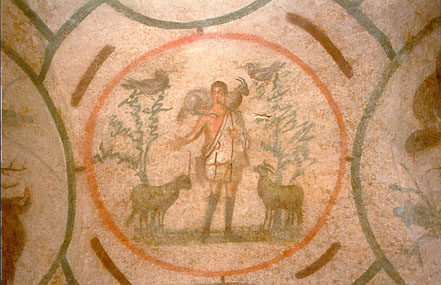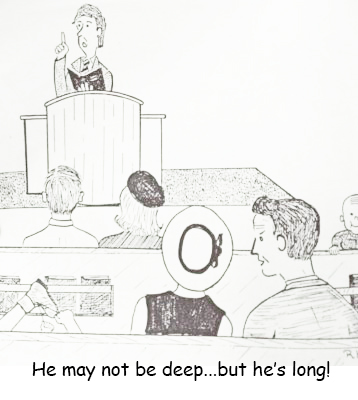But let all those rejoice who put their trust in You; let them ever shout for joy, because You defend them; let those also who love Your name be joyful in You.
Psalms 5:11
I like titles that are clear and crisp, that are right there in scripture so that they jump out at you when you read them in boldface. I get a little bothered by other name-finders who invent titles from phrases or ideas, thus making them equal to the obvious appellations of the King of kings.
I’ll go with implied titles when I must, when it would be blatantly obvious that it is missing and it would be irresponsible not to include it. In Psalm 68:5, God (Elohim) is described as the “Defender of the widows”, but He is also the Defender of all who are poor and needy.
In Old Testament writings, the LORD defended Israel time and time again, delivering them from overwhelming odds. The empires of Babylon, Persia, Greece, and Rome (and more recently the Third Reich) tried to annihilate the Jewish people, but God was their Defender.
The New Testament clearly portrays Christ as our Defender. He defended the woman caught in adultery by writing her defense in the sand (John 8:1-12). Jesus defended his disciples when they were surrounded by Judas’ army in the Garden of Gethsemane. He spoke the words, “I am” and all the bad guys fell down. He then commanded His followers to be released and they were (John 18:1-8).
Christ encouraged His followers in the sermon of the Mount of Olives not to worry about what to say when they were persecuted and arrested for His sake (Mark 13:9-13). He would be their Defender.
Paul had first-hand experience with the Defender of the saints, “We are hard-pressed on every side, yet not crushed; we are perplexed, but not in despair; persecuted, but not forsaken; struck down, but not destroyed – always carrying about in the body the dying of the Lord Jesus, that the life of Jesus also may be manifested in our body” (2 Corinthians 4:8-10).
April 23









